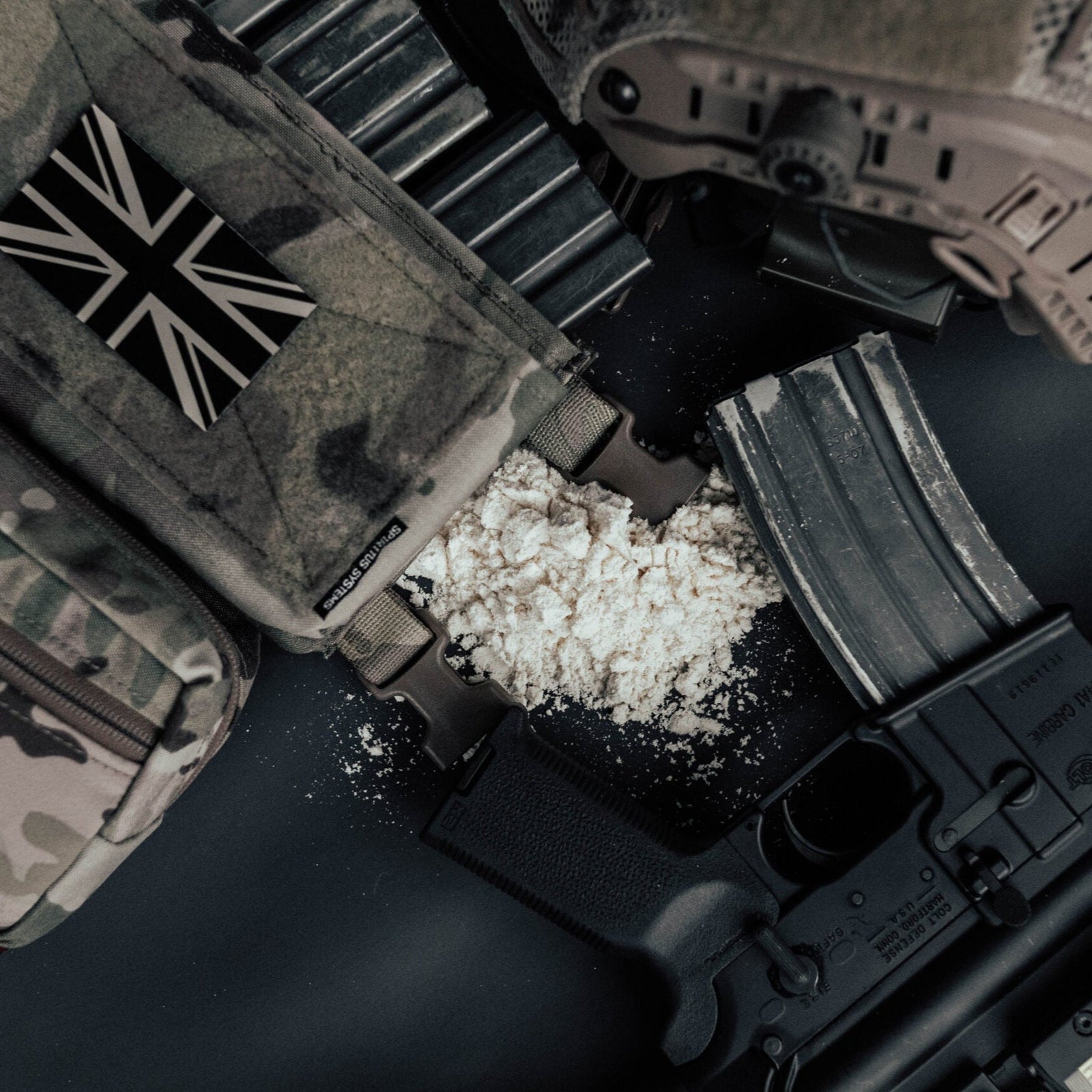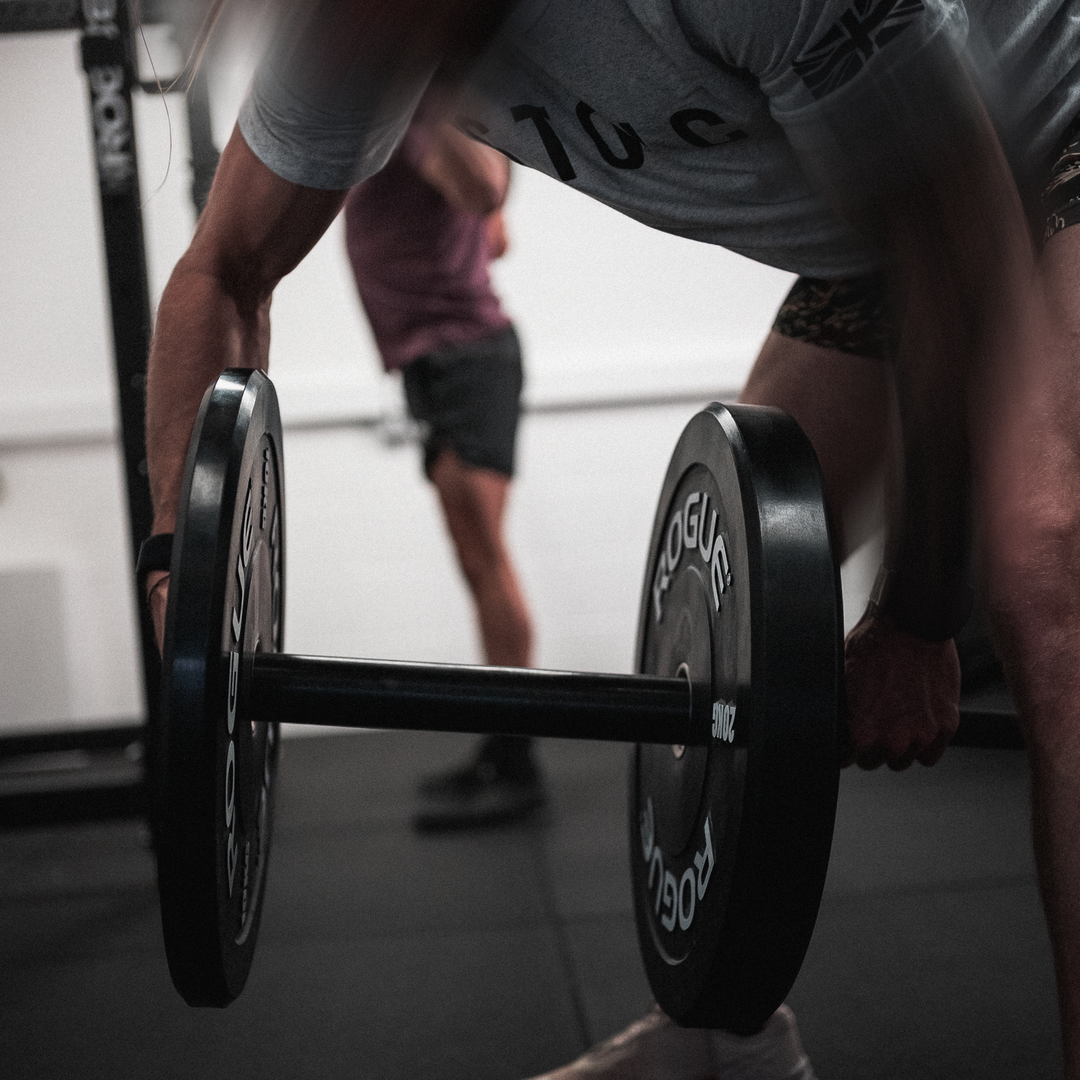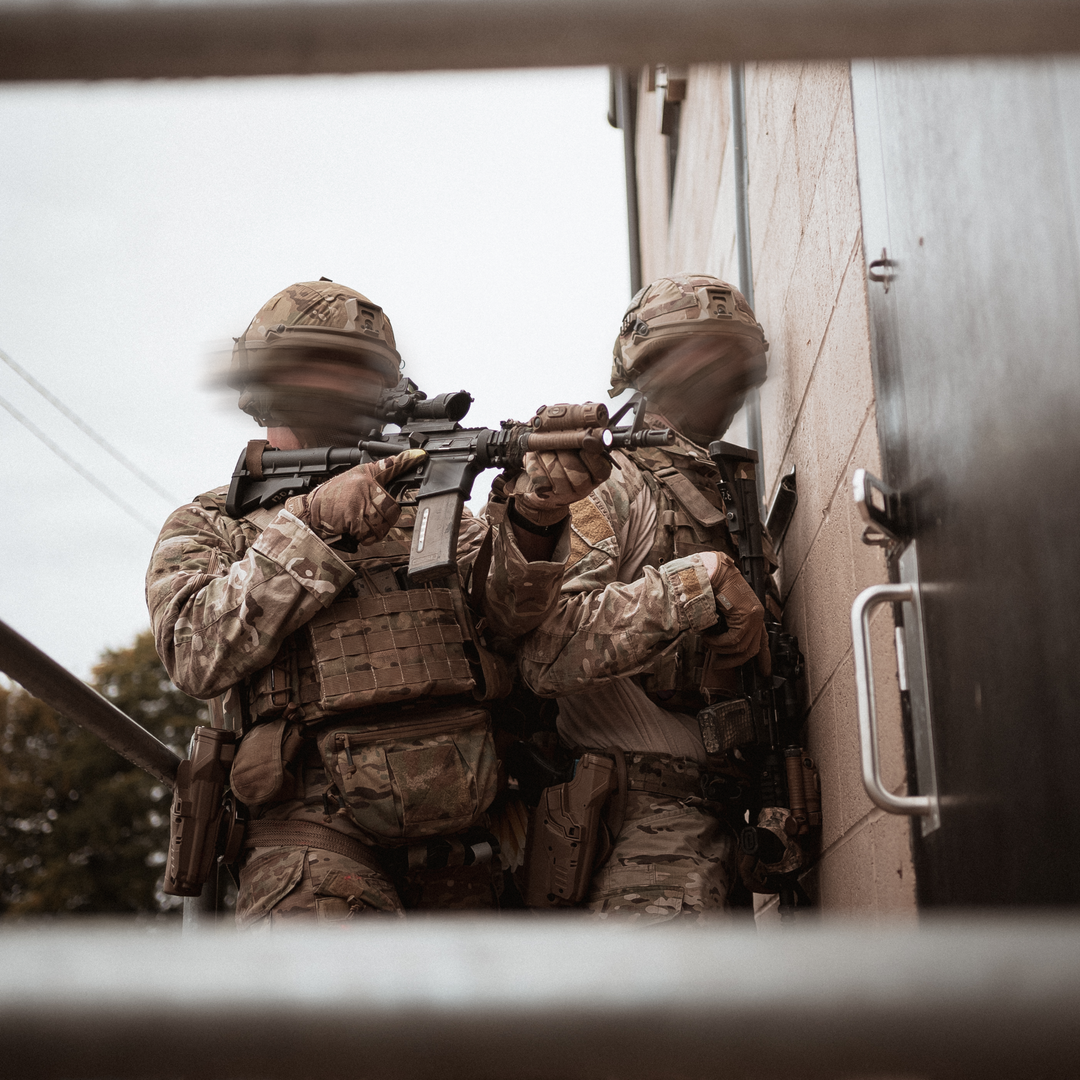PROS AND CONS OF CREATINE FOR OPERATORS AND SOLDIERS

In this article we shall address creatine for the Tactical Athlete. There is a considerable amount of misinformation concerning supplemental creatine and its effects, especially among the tactical community where supplement use is regulated and becoming increasingly scrutinised due to a zero tolerance drug policy.
Creatine:
Creatine is a compound formed from the amino acids arginine, glycine and methionine. It is produced naturally in the body at a rate of 1-2 grams a day, by your liver, kidneys and pancreas. Other methods of maintaining levels derive from foods (predominantly red meat) and for the purpose of this article; supplementation. Approximately 95% of the body’s creatine is stored in skeletal muscle. Additionally small amounts of creatine are also found in the brain and testes. Creatine found in the skeletal muscle is referred to a phosphocreatine which is involved in the supply of energy for muscular contraction.
Before we get started, when we refer to creatine as a supplement, we are in fact referring to creatine monohydrate (CM). Which is the most extensively studied form of creatine. Due to the success of CM, the supplement industry has attempted to produce many different forms of creatine which they purport to be more effective than the original. Some of these can be marginally more effective but they come at a disproportionate cost relative to the improvements you’ll get from them. Therefore at the time this article is released CM is still the most extensively researched in regards to aiding performance and as a result the form of creatine we recommend.
The Effects On Short Duration Activity:
The vast majority of research on creatine has focussed on its effects on short duration exercise, which most commonly is single or repeated intense bouts lasting up to 150 seconds (Sprinting/1-3 Repetition Max Training).
In the short term CM supplementation improves performance typically between 10 to 15% depending on the variable of interest. For example, maximal power/strength has been reported to improve from 5-15%, work performed during sets of maximal effort improves from 5–15%, single-effort sprint performance increases by 1–5% and work performed during repetitive sprint performance increases 5–15%.
Long-term CM supplementation appears to enhance the overall quality of training, as creatine can stimulate muscle protein synthesis, this is due to the enhancement of power and strength levels which indirectly creates muscular adaptation.
The Effects On Long Duration Activity:
Although creatine supplementation has been shown to be more effective on predominantly anaerobic intermittent exercise, there is evidence of its positive effects on endurance activities. Creatine supplementation may cause a change in substrate utilisation during aerobic activity possibly leading to an increase in steady state endurance performance.
This may be due to a possible effect creatine has on blood lactate accumulation when exercising at lower intensities which may result in an increase in lactate threshold. However, these claims are not as strongly founded as the previously discussed short-term activities and therefore longer duration aerobic workouts may not benefit from regular creatine use.

Considerations For The Tactical Athlete:
Goal dependant, creatine may be a positive or negative addition to your supplement programme. As a Tactical Athlete you need to assimilate the information in this article and decide if creatine has a place in your supplement protocol.
Pros:
- You have time dedicated to train, either on camp or leave.
- You are looking to increase muscle protein synthesis which is an improvement in recovery from exercise.
- Following a well-structured strength & conditioning programme designed to increase strength and power.
- Creatine shows improved cognition, less fatigue and better and hand eye coordination during sleep deprivation studies.
- Studies show creatine supplementation improves performance and cognition in people that do not consume meat.
- Creatine is not a hormone/steroid and not illegal at all.
Cons:
- Deployed on exercise or operations.
- Access to a gym is not possible or you are not in control of your own training regime (i.e. Basic Training or Selection of some sort).
- A concern that an increase in overall bodyweight will affect your ability to perform aerobically or during relative strength exercises like pull ups and rope climbs.
- If bodyweight increases suddenly there may be potential for an increase in anterior compartment pressure in the lower legs which may affect those who are prone to shin problems due to mobility/soft tissue issues.
Conclusion/Recommendations:
As Tactical Athletes we have differing goals compared to our civilian counterparts and even within our community. If creatine supplementation does align with your current training goals, follow our recommendations below.
- Use the monohydrate form.
- No need for a loading phase at all, contrary to popular recommendation.
- Maintain your levels with 3-5g per day. No need to stop taking it unless you have to due to deployment.
- Consume with carbohydrate for faster assimilation.
- Always maintain adequate hydration levels.
- Mix creatine fully before consumption to mitigate GI issues.




